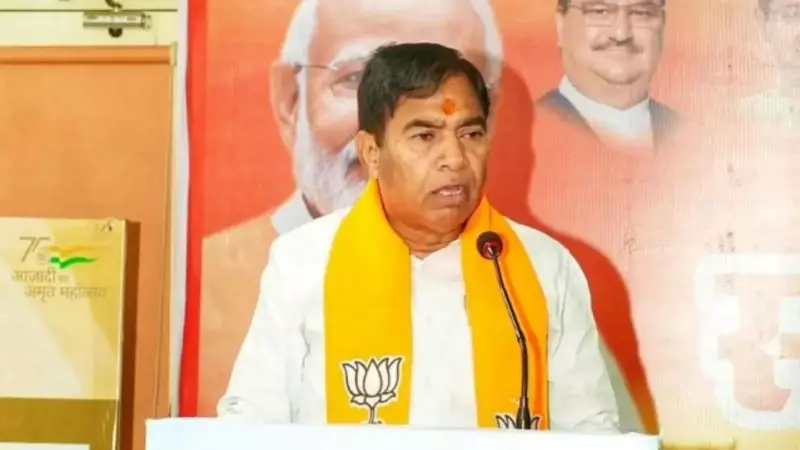
In a significant legal development, a Delhi court has firmly rejected BJP MP Yogender Chandolia's attempt to challenge the framing of charges against him in a case involving the alleged assault of a police constable. The ruling represents a major setback for the parliamentarian and keeps the politically sensitive case alive.
Court Finds No Illegality in Earlier Order
Additional Sessions Judge Rakesh Syal of the Rouse Avenue Courts complex dismissed Chandolia's revision petition that sought to overturn a magistrate court's decision to frame charges against him. The court meticulously examined the evidence and found no legal infirmity in the previous order, allowing the case to proceed toward trial.
Background of the Controversial Incident
The case stems from an incident where Chandolia, then a Member of Parliament, was accused of physically assaulting a police constable who was performing his official duties. The altercation allegedly occurred when the constable was regulating traffic or managing a situation that involved the parliamentarian's vehicle.
Key aspects of the case include:
- The initial complaint filed by the Delhi Police constable
- Medical evidence documenting injuries sustained
- Eyewitness accounts supporting the prosecution's version
- Legal proceedings that have stretched over multiple hearings
Legal Implications and Next Steps
With the revision petition dismissed, the case will now return to the trial court where the formal process of recording evidence and examining witnesses will commence. The court's firm stance reinforces the principle that elected representatives are not above the law and must face legal scrutiny like any ordinary citizen.
Legal experts suggest that this ruling sends a strong message about accountability of public officials and the independence of the judiciary in dealing with cases involving powerful political figures.
The development comes at a crucial time when questions about the conduct of elected representatives and their relationship with law enforcement agencies are increasingly under public scrutiny.






